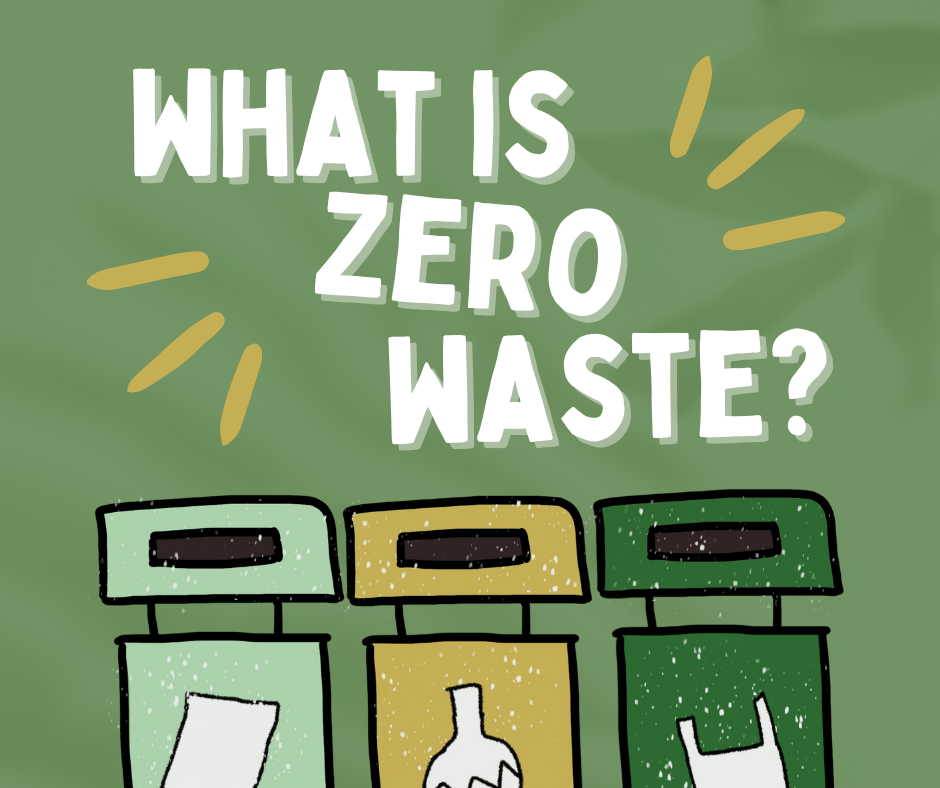Ever feel guilty about throwing so many things in your trash? Ever feel sad whenever you have to throw away food? You’re not alone, which is precisely why the zero waste movement has become a thing. While it may be impossible to be 100% waste-free, that doesn’t mean making efforts is meaningless.
What Counts as Being Zero Waste?
A sustainable waste management system must be established to limit trash and dispose of it as a last resort. The goal is, by definition, to avoid disposing of any leftovers in landfills. Several tenets define zero waste. Specifically, a mindset that promotes a transformation in the lifetime of resources and materials. You leave behind less carbon as a result. The ingredients used for homemade items are more natural than those used in their commercial counterparts, which benefits the environment and human health.
The Five R’s
Refuse
This first rule applies to self-coaching techniques. The ideal first step is to determine what you genuinely value, and existential decisions have a stunning impact.
Reduce
Make lifestyle changes. The phrase “Less is More” can describe the idea. Keeping things basic and minimal is another benefit of going zero waste. For instance, when it comes to personal items, this becomes more clear. Being able to consume only what is necessary is a necessary aspect of the trip because consumerism is a part of our daily life. It’s okay to hold onto things that are meaningful to us or make us happy because they give us more power and vigor. Keep them and reconsider whether you still need more.
Reuse
Purchase second-hand things locally rather than brand-new ones (if possible). This will enable you to support the local economy while also saving money and assisting your neighborhood (neighbors, small businesses) in getting rid of items they no longer need. Second, visit shops where you can carry jars or other containers for “loose items.” Doing this will reduce the amount of packaging you use, consume significantly less plastic, and establish a sustainable cycle. Thirdly, you can create your care and beauty items as you progress to zero waste.
Recycle
Although neither you nor we are scientists or engineers, you can contribute to developing better recycling strategies. Specifically, the purchase decisions you make have an effect. Buy products made from recycled materials, such as toilet paper and books, and support organizations that promote recycling. Does it fall under our obligation as zero wasters? Did you know that, as of 2015, less than 10% of plastic is recycled? It is a wasteful use of resources. We must educate ourselves on these figures.
Regulate
As previously said, the use of landfills for the disposal of garbage should only be the last option. Whenever we are regrettably unable to reuse or recycle something directly, we always take the time to investigate unusual ideas for repurposing. There is a constantly expanding internet community that can offer imaginative substitutes. Therefore, consider trash management options before disposing of any junk.
Conclusion
Practically anyone anywhere can use these principles. The principles of zero waste and its methods are flexible. The primary goal here is to push ourselves to implement as many of these principles as possible while realizing that reducing waste is a continuous effort. Keep what you can under control and avoid endangering the environment. Remember that we need to modify how we handle our waste.
So why not try it going into 2023?
